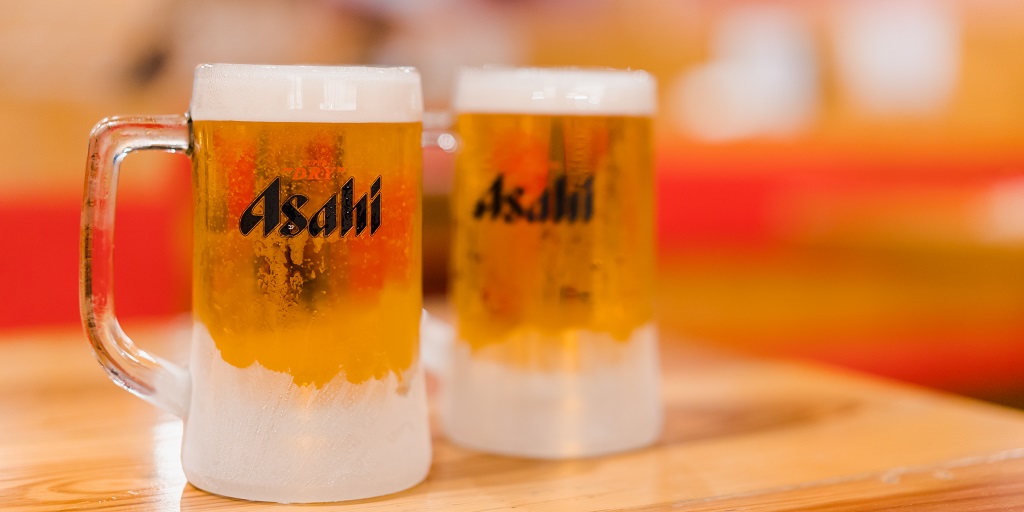
Asahi Group bullish as it focuses on lower alcohol

In its first full-year results since acquiring Carlton and United Breweries last year, Japan’s Asahi Group was bullish saying it is aiming to target growth in Australia in the lower-alcohol beer category.
The Tokyo-based company was confident in its 2021 outlook despite the effects of COVID-19, which saw overall revenues decline 3 per cent to ¥2 trillion (AU$24 billion), and its operating profit decline 32.9 per cent.
Its results presentation acknowledged that the pandemic had had a “negative impact” on on-premise demand for its alcohol beverage businesses, as well as soft drink vending machine sales.
However, the company also said that “resilience exceeded forecasts” due to flexible marketing, channel growth and profit structure reforms.
Asahi’s Oceania business is now one of its three core pillars, including Japan and Europe, following the completion of the deal for Carlton and United Breweries in June 2020, an acquisition which it called a “foundation for growth”.
Revenue for the Oceania business reached ¥344 billion (AU$4.2 billion), an increase of 92 per cent. This was driven by the consolidation of the CUB business, and also growth in RTD and carbonated drinks categories.
However, COVID-19 restrictions and shutdowns meant revenues were down on projected targets.
Despite this, CUB saw strong sales volume recovery due to the strengthening of its core brands.
A focus of Asahi’s investor presentation was its drive to eliminate harmful drinking and “generate new drinking opportunities” leading it to promote non-alcohol beverages across the group as well as responsible drinking, it said.
The presentation noted the launch of Great Northern Zero in Australia as part of this initiative and declared that it was aiming for a sales volume ratio of 2 per cent for products with an abv of 3.5% or lower by 2025.
In the coming year, Asahi said it is targeting 13 per cent revenue and 30 per cent core operating profit growth “driven by recovery of existing businesses” and from the consolidation of the CUB business.
In 2021, it plans to continue organisational integration and promote its premium strategy “by leveraging the integrated and robust brand portfolio and sales channels” with a particular focus on Super Dry and Peroni. It has already announced multi-million-dollar campaigns for the two brands.
Across the world, major brewers are feeling the effects of lockdowns which continue in countries which have not been as lucky as Australia and New Zealand.
Lion’s parent company Kirin, Asahi’s competitor in Japan and also Australia, announced that on-premise sales recovered at a faster pace in Australiasia than expected due to the “strong management” of the Australian and New Zealand governments during COVID-19.
It saw a strong performance from New Belgium, acquired in late 2019, despite COVID-19, and had also achieved its $80 million cost reduction plan.
For 2021, Kirin predicted a strong recovery for its alcohol businesses and said that Lion Pty would be focusing on enhancing core brands and furthering the growth of the hard seltzer category.
Across the Pacific, Molson Coors last week reported that fourth-quarter sales declined 7.7 per cent, primarily driven by European and Canadian pandemic-related shutdowns.
Heineken, the world’s second-largest brewer, also announced last week that it was planning to cut around 8,000 jobs or 10 per cent of its workforce as a result of the COVID-19 shutdowns.



